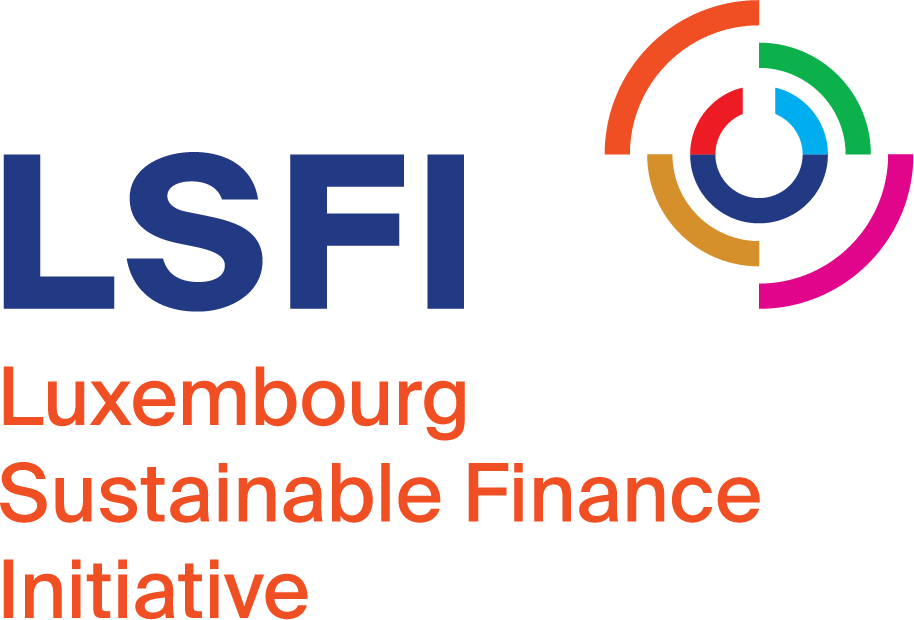In the realm of sustainable finance, ESG data is often referred to as a prominent challenge for both financial institutions and companies. The significance of data lies not only in measuring progress but also in comprehending the impact of investments. Currently, challenges related to data encompass diverse issues such as access to these data, granularity, and the need for clarity regarding which data are pertinent and how to effectively use them.
This month, we interviewed Nathalie Dogniez, Independent Director and Chair of the recently launched LSFI working group on ESG data. We have discussed about the objectives of the working group, the role of data in the development of sustainable finance and the existing challenges.
Luxembourg Sustainable Finance Initiative (LSFI): You are the Chair of the recently launched LSFI Working Group on ESG Data. Why is it relevant to have an expert group focusing on ESG Data?
Nathalie Dogniez (ND): Regulators and investors expect comprehensive ESG reporting encompassing specified ESG KPI data sets. Similarly, Financial Institutions are now required to measure and monitor ESG risks as part of their investment decision and risk management process.
Effective ESG measurement and ESG reporting require comprehensive and reliable data on the underlying investments. The traditional adage “Garbage in Garbage out” is particularly accurate in the context of ESG reporting. The various Sustainable Finance regulations have exacerbated the ESG data risk for financial institutions by introducing ESG reporting requirements at the level of financial institutions and financial products before introducing similar requirements at the level of underlying companies. In the absence of verified reliable data reported by underlying companies, financial institutions face increased regulatory and reputation risks linked to inadequate ESG KPI measurements and investor reporting.
LSFI: The first objective of the working group will be to address the lack of definition and clear understanding of what exactly the ESG data challenges are. What added value will this bring to the financial institutions and how will this help them?
ND: The objective of the working group is to shed light on the different types of ESG data (raw ESG data versus ESG indicators, reported versus proxies…) and their respective challenges to help financial institutions better assess the ESG data risks they are confronted with. In the second step, our ambition is to propose best market practices to address the risks and challenges identified.
LSFI: Why having consistent and reliable data is so relevant in the sustainable finance journey? What can we do to have and retrieve those data?
ND: As said above, consistent and reliable data is key to properly assessing ESG risks, informing investment decisions and reporting to investors. Ideally, all companies would report on ESG data verified by third parties. In practice, very few companies do so and the set of available ESG verified data reported is far from being complete. Whilst we can expect that the CSRD will significantly improve the situation in a few years’ time, Financial Institutions must implement processes to assess the quality of the data obtained from either the underlying companies or third parties. Whatever the process to acquire the data (direct contact or data providers) is, it is key to understand how these data have been measured (or estimated) and the verification process to which they were submitted.
LSFI: What do you expect will be the main added value of this LSFI Working Group?
ND: We aim to provide practical guidance as to how to assess the ESG data risks (and quality) as well as insights into best market practices regarding how to address these data challenges. We hope these guidelines will help Financial Institutions review their current ESG data process and plans for the future.





